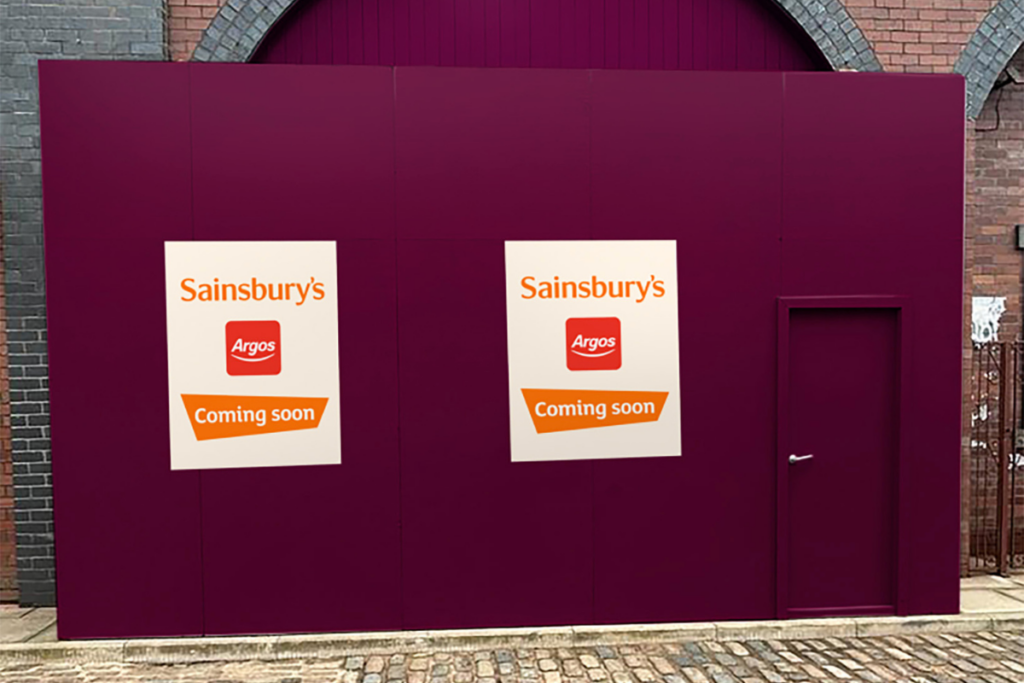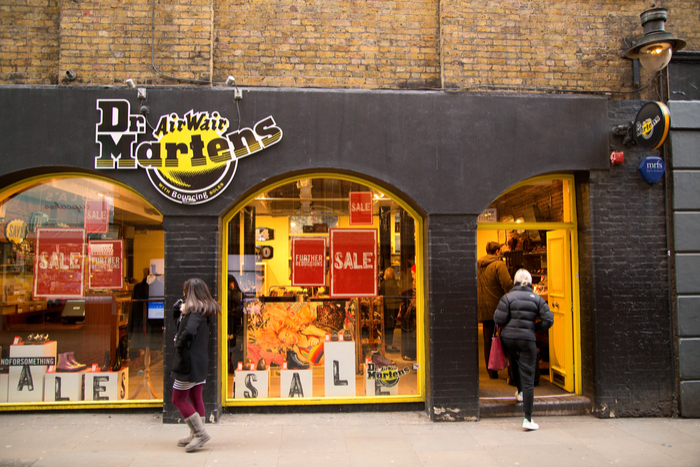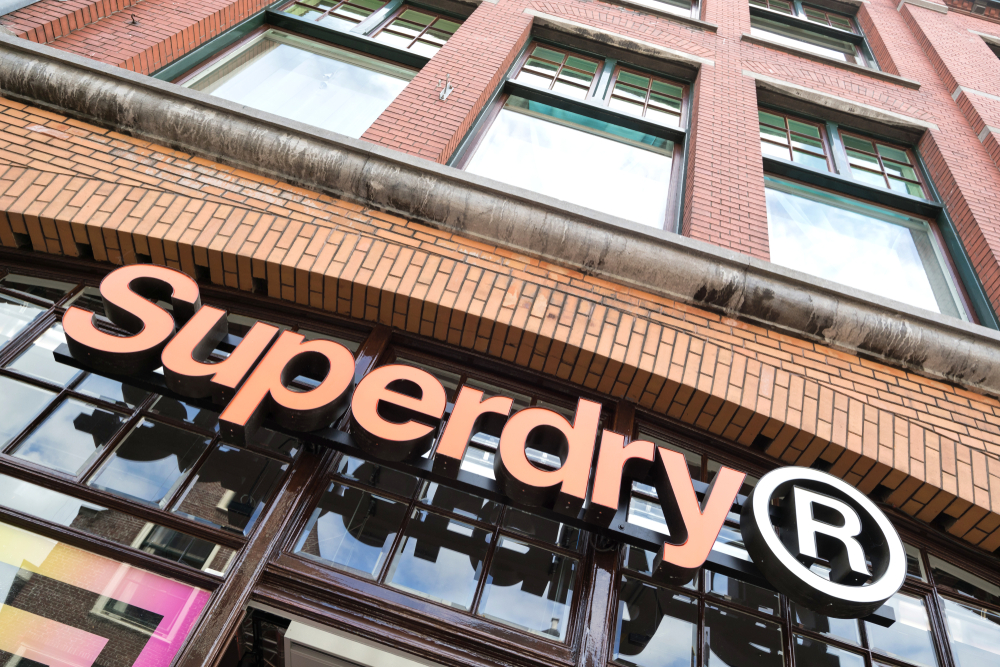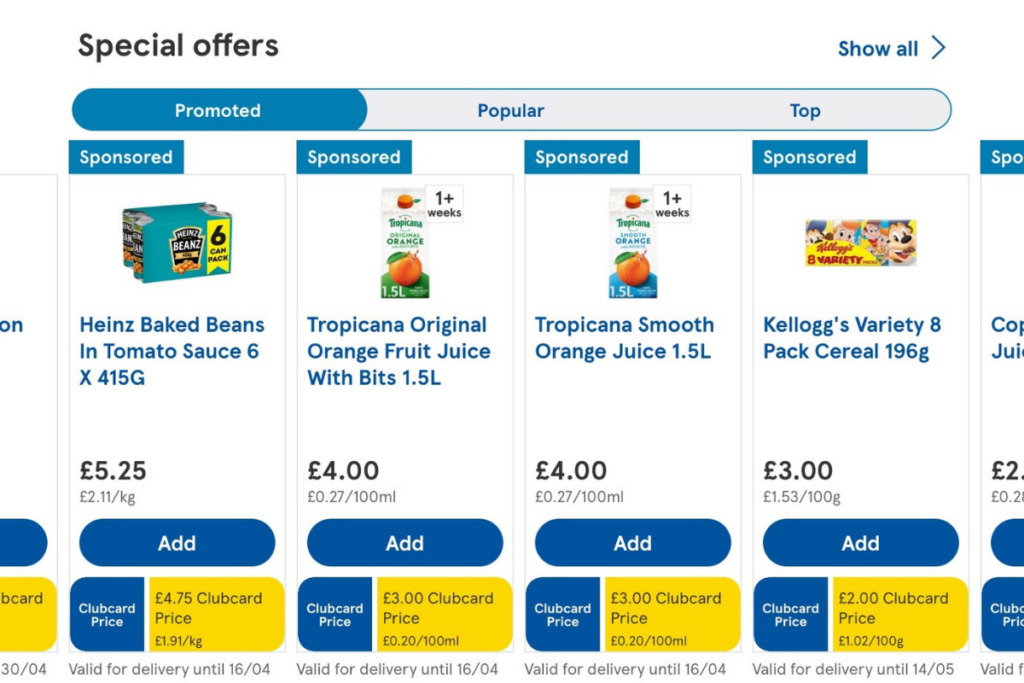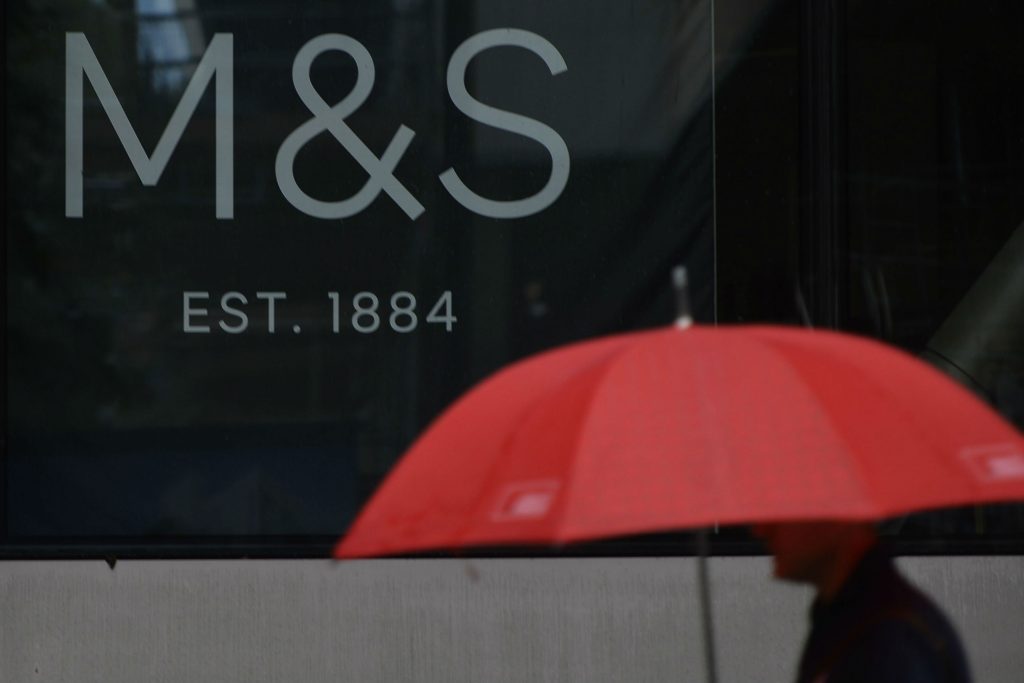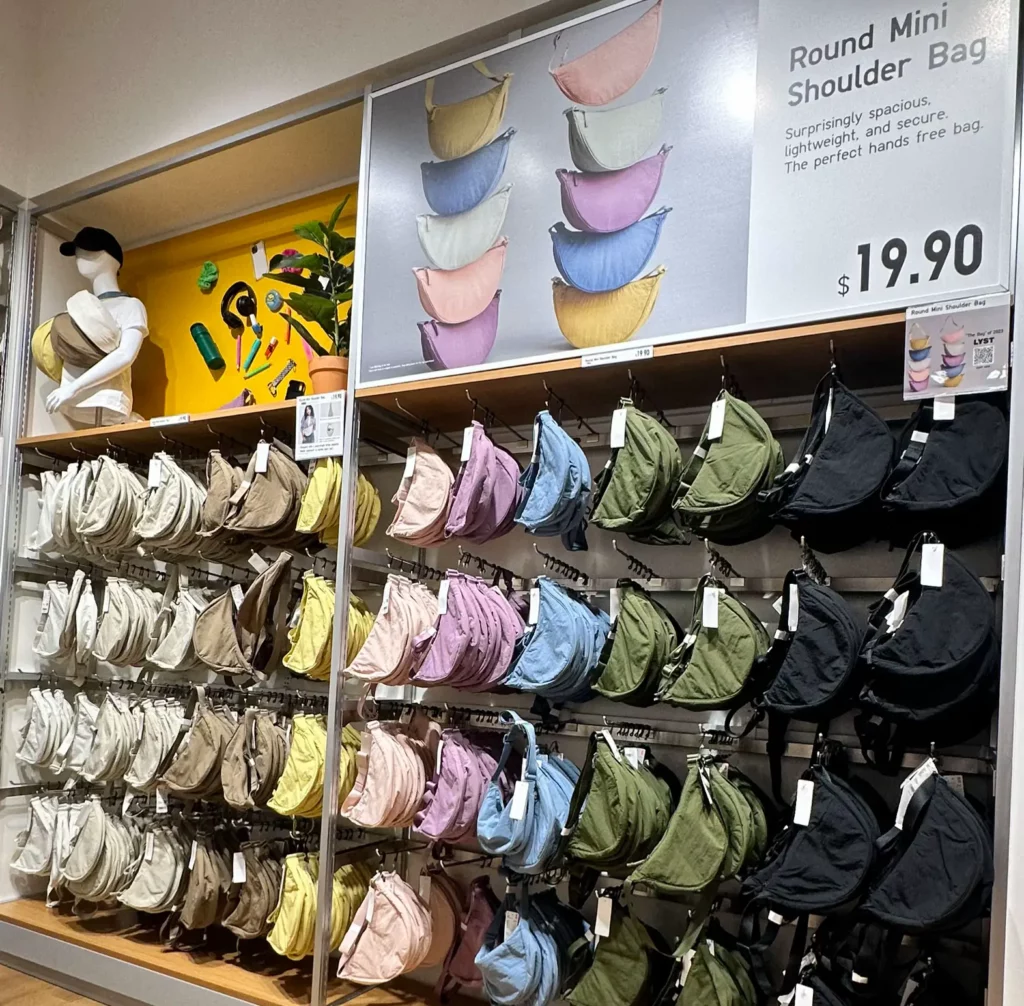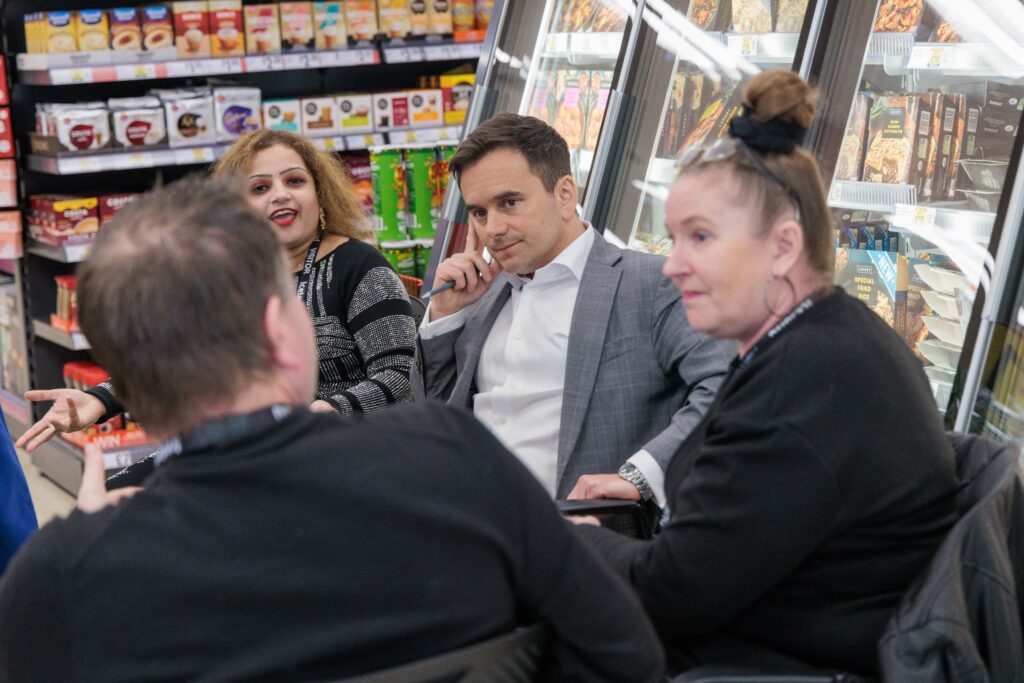The UK‘s largest retailer Tesco has today reported a decline in like-for-like (LFL) UK trading during the Christmas period, as its heavy discounting failed to offset consumers cautious spending.
Philip Clarke, Tesco CEO, described the grocer‘s domestic performance as “below expectations and disappointing”, as UK LFL sales fell 2.3 per cent year-on-year in the six weeks to January 7th 2012 once the impact of VAT and fuel had been discounted.
Overall group sales, minus petrol and at actual exchange rates, rose just 2.9 per cent for the global business during the period, and with margins hit in its core UK market due to promotional activity these may have proved to be a costly few weeks for the company.
Clarke commented in today‘s statement: “In a challenging economic environment, we made good progress internationally but despite record sales, we are disappointed with our seasonal trading performance in the UK.”
Since taking over from the hugely successful Sir Terry Leahy early last year, Clarke has made improving UK performance, along with strengthening the retailer‘s multichannel and international offering, a priority which makes these results even more damaging.
Online sales grew 14 per cent over the period and an increase in stores helped push international trading up five per cent at actual exchange rates, but the Big Price Drop discount initiative has not helped stem a decline in domestic trading as would have been hoped.
While other grocers such as Waitrose, Sainsbury‘s and Morrisons have seen food sales hold up over a tough Christmas period, particularly in light of the disruption caused by heavy snow last year, Tesco is the only one to report a year-on-year decline.
“We will continue the process of change that we started nine months ago to address long-standing business issues, building on the important steps we have already taken in the United States, in Japan and at Tesco Bank, as well as those we have begun to take in the UK,” Clarke continued.
“The Big Price Drop is an important first element in this process but there is much more we can do to further improve our shopping trip for customers and we are determined to move faster.”
With difficult months of trading ahead Tesco anticipates its group trading profit to now be at the low end of the consensus range for its full-year period, and it has suggested that it may roll-back its investments in new stores within the UK to trim expenditure.
John Ibbotson, Managing Director of retail consultancy Retail Vision, argues that increasing strength overseas should protect Tesco somewhat from weak trading at home in the long term but says that the retailer should be worried that its UK market dominance has slipped in the last year.
“There is a need for the board to take a long hard look at these numbers. With the UK‘s economic prospects for 2012 looking so bleak, their challenge will now be to squeeze every last drop of value out of the UK business,” Ibbotson explained.
“Tesco again emphasises its plan to reduce cap expenditure. Perhaps this is the year the breakneck expansion of Tesco at home will end?
“The balance of power is shifting from the UK to overseas markets.”




